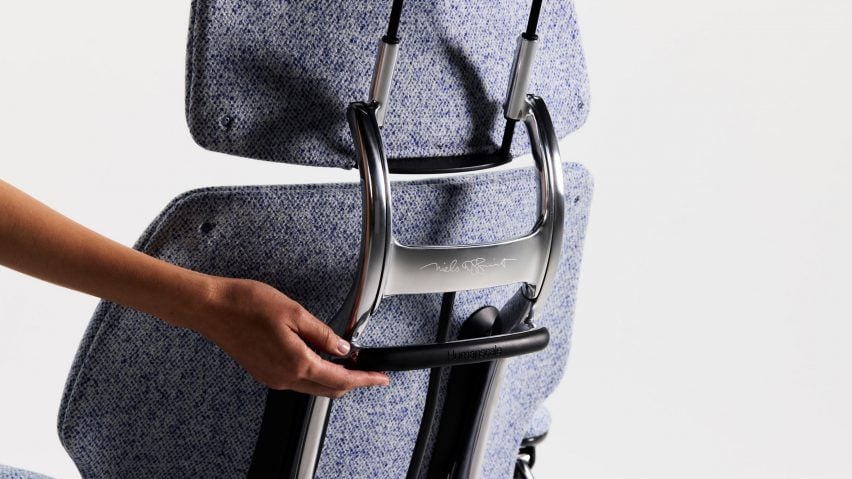
Humanscale reflects on how its Freedom Chair transformed ergonomic design
Promotion: the enduring popularity of Humanscale's iconic Freedom Chair is attributed to its radical design approach around ergonomics and comfort, according to its CEO Bob King.
The global ergonomics brand is reflecting on the 25th anniversary of a chair which, said King, was "designed to improve the human condition", and became a milestone in workplace design.
Speaking to Dezeen, King said he and Freedom Chair's designer Niels Diffrient approached the chair less like furniture and more "as an ergonomic tool" ahead of the Freedom Chair's launch in 1999.
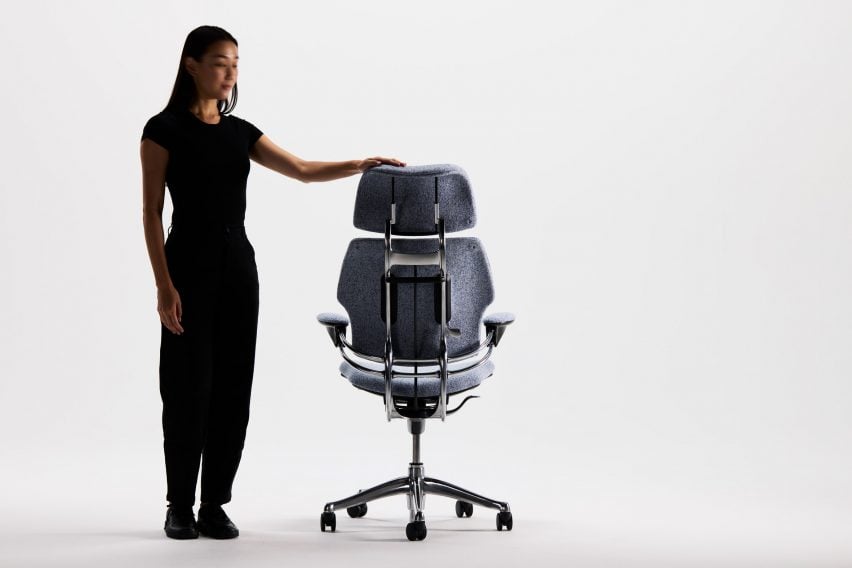
To mark the anniversary, Humanscale is launching a special collection of the chair called Freedom 25, comprising 250 models of the office chair.
"He approached it by trying to solve a health problem rather than a mechanical problem," said Humanscale CEO Bob King in attributing what lay behind Diffrient's "breakthrough" design.
The late American industrial designer Diffrient, dubbed the "father of ergonomics", designed the Freedom Chair for Humanscale in a bid to challenge traditional office chairs – particularly those that required adjustments tediously made with knobs and levers, reducing natural movement.
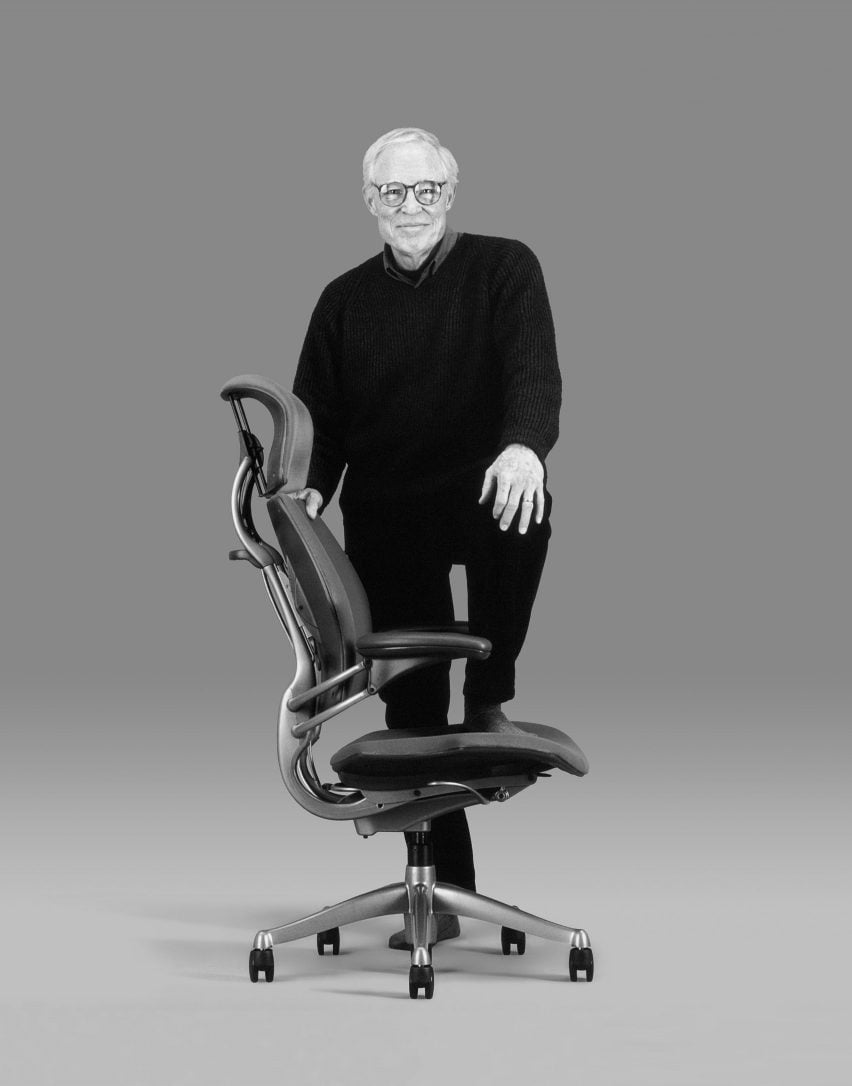
King said Diffrient had been working on the challenge for 20 years. "He figured that to solve that problem, you had to allow people to move. So you had to get rid of these obstacles to movement," King added.
King developed a friendship with Diffrient after collaborating with him for the Freedom chair. "He had seen people sitting still and hunched over their desks, just like I had. And we often talked about how posture is really unhealthy for spine health."
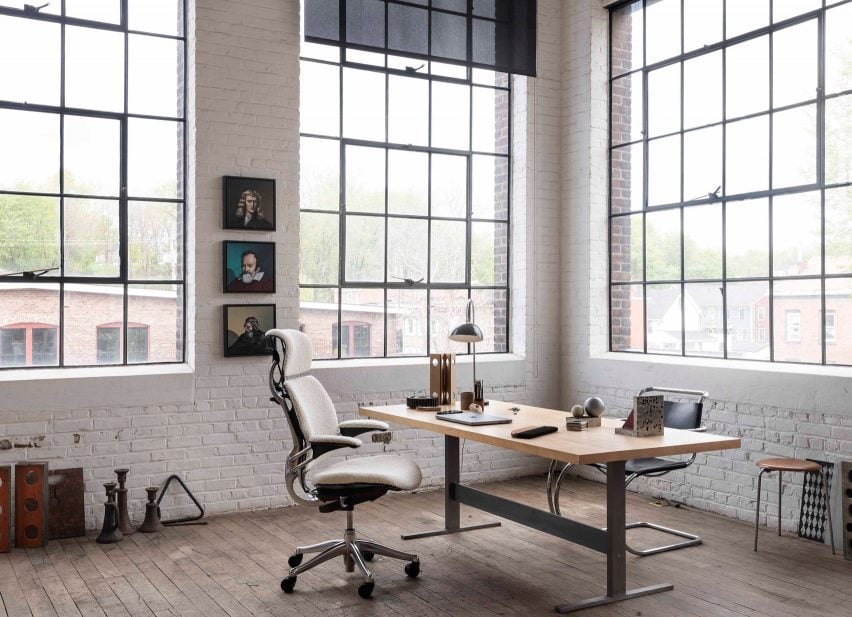
Humanscale was set up by King in 1983 at the time computers entered the office at scale. "It was mayhem. People had neck, back and wrist issues. I figured it made sense to start a company that made tools allowing you to adjust your work to your body, rather than adjust your body to your work."
King said he approached Diffrient in 1997 to design a chair that's easy to use. Shortly afterwards, King recalled, Diffrient showed him a prototype of a chair he had been working on for seven years without a client.
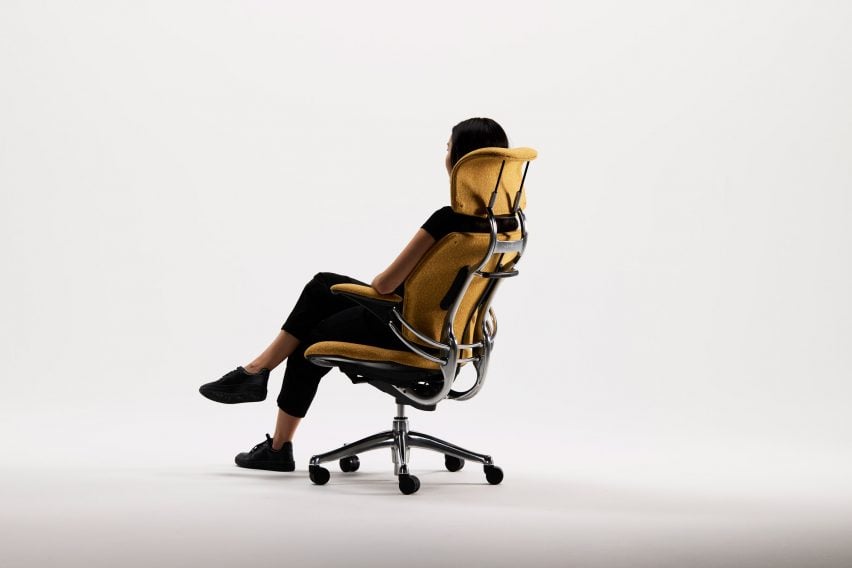
One of the chair's main points of difference compared to office chairs of that era was it used the person's weight rather than springs. It also had a responsive headrest and synchronous arm rests.
The weight-sensitive recline mechanism for the Freedom Chair automatically adjusts to each user, negating the need for manual adjustments.
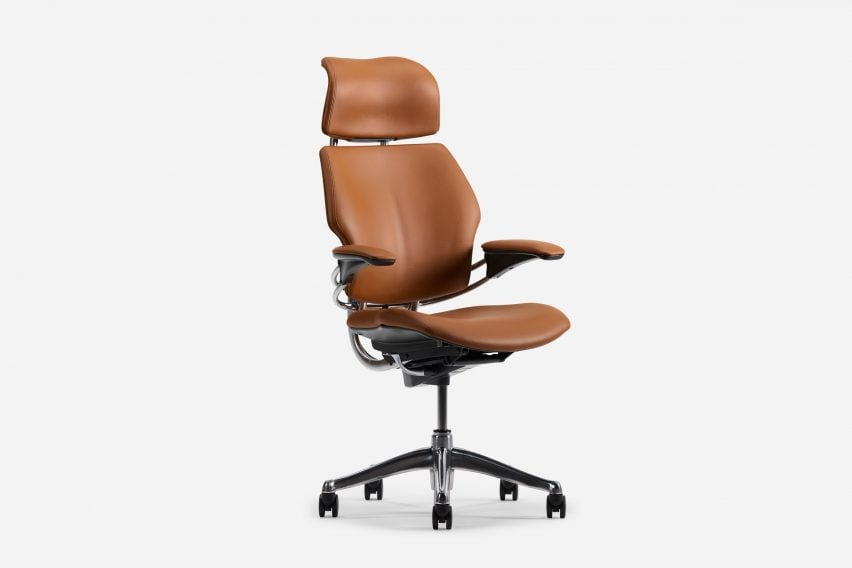
The Freedom Chair's comfort is further enhanced with armrests that move synchronously, and with a dynamic headrest.
While marking a shift in ergonomic seating design, it also became synonymous with dignitaries – leading Humanscale to name it "the chair of power".
The chair is known to have been enjoyed by employees at NASA as well as by leaders including former US president Barack Obama and Apple CEO Tim Cook.
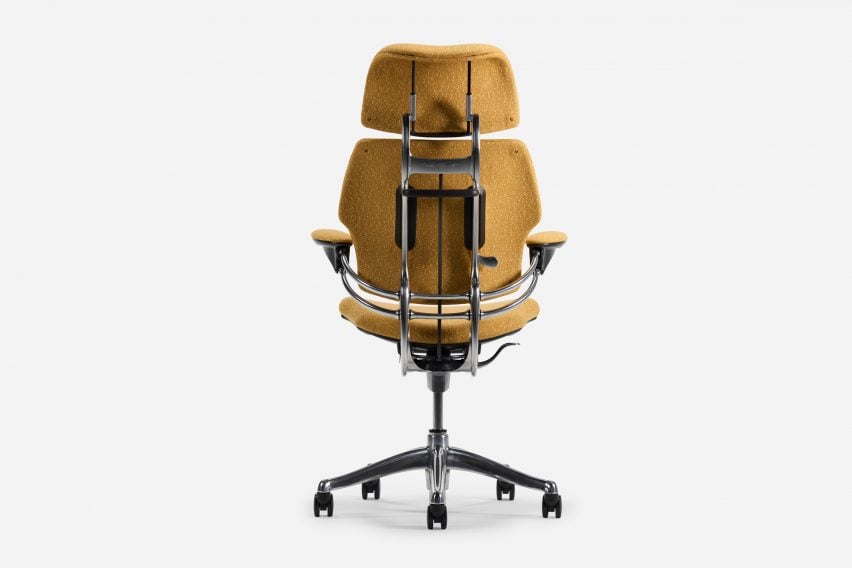
King said the chair also reflected design for the sake of function as opposed to "making something pretty".
"Restyling something is quick, inexpensive and predictable, but doing real innovation and coming up with something that that that works better is really slow, really expensive and really unpredictable," he said.
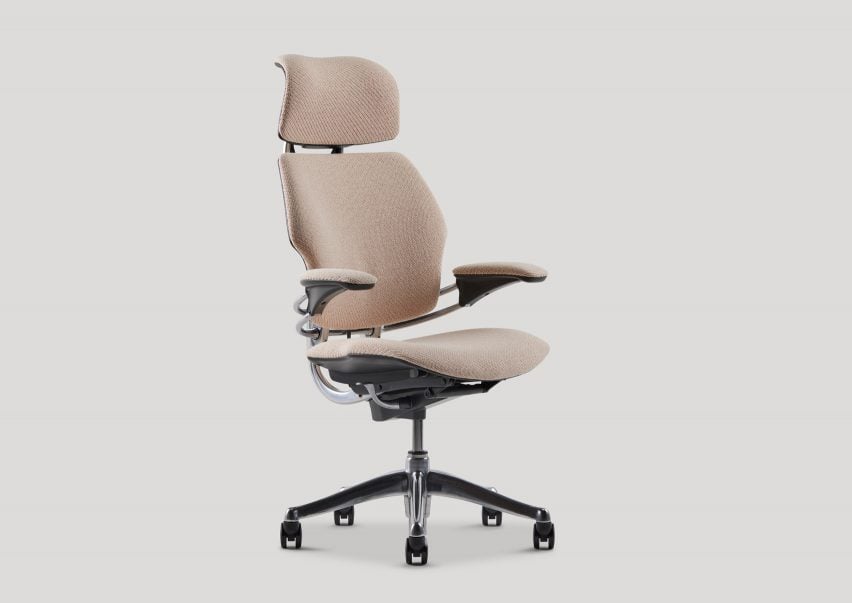
"People recognise this as a chair that is designed to improve the human condition," King said.
"They may not understand that all of this design came from function but on a subconscious level, I think people understand that this design is honest."
To mark the anniversary, Humanscale is launching a special collection of the chair called Freedom 25th Anniversary Signature Edition, comprising 250 models of the office chair with updated upholstery and added aluminium detailing, on its backrest, headrest and handles.
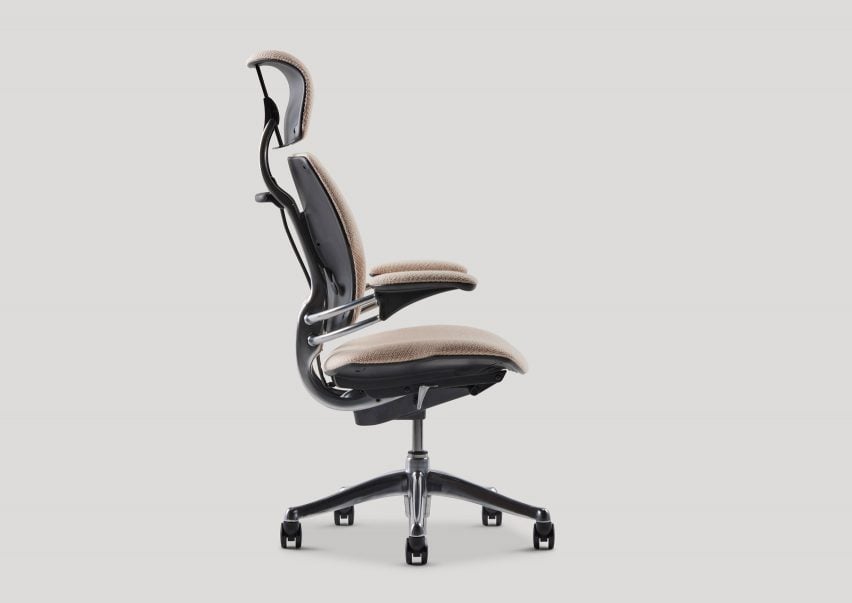
It also features Diffrient's signature alongside an edition number and an authenticity certificate will be available with each chair.
The Freedom chair will also be made available as part of Humanscale’s growing Ocean collection, in which furniture is made with ocean plastic such as reclaimed fishing nets.
To learn more about Freedom 25, visit www.freedom-25.humanscale.com and for more information on office furniture brand Humanscale visit www.humanscale.com.
Partnership content
This article was written by Dezeen for Humanscale as part of a partnership. Find out more about Dezeen partnership content here.